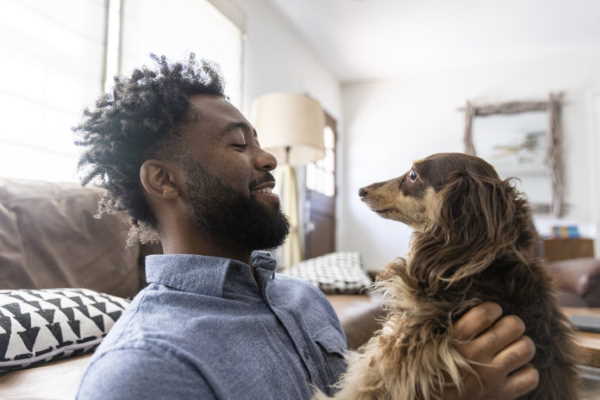Johannesburg, 10 October22: For most dogs, there are few things as exciting as being taken out for a walk, whether it’s around the block or at the local park. With summer finally upon us, many dogs will soon be happily scampering along pavements and park lanes again. Unfortunately, this also means that both directly or indirectly, dogs are being exposed to bacteria, viruses, and parasites beyond the walls of their homes.
Every animal at a shared animal space (which covers every suburban road, sidewalk, pavement and park) leaves traces behind – and some of these traces can be deadly.
“Every year we see canine parvovirus outbreaks devastating families across the country,” says Dr Tarryn Dent, Business Unit Lead: Companion Animals at Zoetis South Africa (Zoetis), a global animal health company.
It’s a particularly painful and distressing disease for pets and their owners. “After exposure to the virus, dogs will often develop a fever and may suffer severe abdominal pain, followed by profuse vomiting and diarrhoea, which also often contains blood,” says Dent.
Canine parvovirus is extremely hardy
Parvovirus is a highly contagious virus that can survive for 12 months or more in the environment. It causes vomiting, bloody diarrhoea, bone marrow suppression, and it can be fatal. The virus can be spread when dogs come into contact with contaminated faeces and soil.
“This means that in an area where an infected dog has shed the virus in a park for example, a year later dogs visiting that area can be at risk of catching the virus,” says Dent, adding that many pet owners don’t realise that dogs do not have to come into contact with other dogs to become infected with parvovirus, which is why vaccination is such a critical tool to manage the disease.
“Infected puppies are particularly vulnerable and experience a high mortality rate. If symptoms are recognised immediately and dogs are rushed to their local vet, they may survive. The good news is that treatments are available, but they involve intensive care for several days in a veterinary hospital, and can be very expensive – and often unsuccessful,” says Dent.
Prevention is better than the cure
Dent is a strong advocate of vaccines for domestic companion animals. “In general, protecting your dog with vaccines improves their quality of life. As a pet owner, you are avoiding costly care by preventing illnesses instead of needing to treat them, and you’re lessening the risk of actually losing your pet to a preventable fatal illness.”
“Our advice is always to think of your dog’s vaccines as you would your own. We live in a mobile world. We’re out and about and we’re taking our pets with us. Nothing is isolated to a single location anymore. We’re all exposed to different and sometimes unexpected dangers. But we can easily protect our furry family members by speaking to a vet about vaccines and other preventative measures, and particularly through keeping your pet’s vaccinations up to date,” says Dent.
ABOUT ZOETIS:
A leading multi-national animal health company, Zoetis builds on more than 65 years of experience in animal health to research, develop, manufacture and commercialise medicines, vaccines and diagnostic products. Zoetis understands the deep connection between people and their pet and provides veterinarians with the resources needed to provide the highest quality of care and support, help improve the quality and extend the life of cats, dogs and horses and make it easier for owners to contribute towards the health and wellness of their companion animals. Zoetis produces vaccines, anti-infectives, parasiticides, dermatology products, animal health diagnostic and other pharmaceuticals.
PRESS CONTACT:
Mantis Communications
Kerry Simpson
Email: [email protected]
Tel: 079 438 3252












